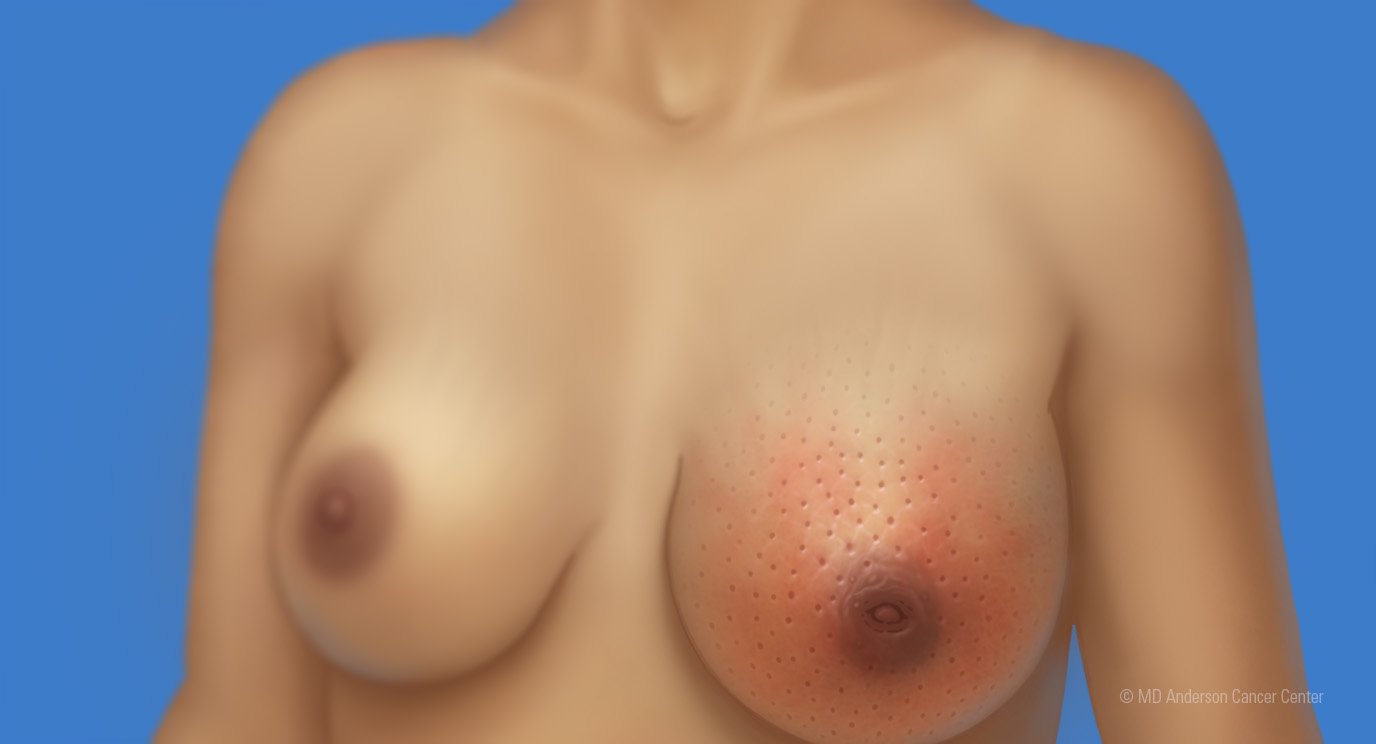- Diseases
- Acoustic Neuroma (16)
- Adrenal Gland Tumor (24)
- Anal Cancer (70)
- Anemia (2)
- Appendix Cancer (18)
- Bile Duct Cancer (26)
- Bladder Cancer (74)
- Brain Metastases (28)
- Brain Tumor (234)
- Breast Cancer (728)
- Breast Implant-Associated Anaplastic Large Cell Lymphoma (2)
- Cancer of Unknown Primary (4)
- Carcinoid Tumor (8)
- Cervical Cancer (164)
- Colon Cancer (168)
- Colorectal Cancer (118)
- Endocrine Tumor (4)
- Esophageal Cancer (44)
- Eye Cancer (36)
- Fallopian Tube Cancer (8)
- Germ Cell Tumor (4)
- Gestational Trophoblastic Disease (2)
- Head and Neck Cancer (14)
- Kidney Cancer (130)
- Leukemia (342)
- Liver Cancer (50)
- Lung Cancer (286)
- Lymphoma (278)
- Mesothelioma (14)
- Metastasis (30)
- Multiple Myeloma (100)
- Myelodysplastic Syndrome (60)
- Myeloproliferative Neoplasm (6)
- Neuroendocrine Tumors (16)
- Oral Cancer (102)
- Ovarian Cancer (178)
- Pancreatic Cancer (162)
- Parathyroid Disease (2)
- Penile Cancer (14)
- Pituitary Tumor (6)
- Prostate Cancer (150)
- Rectal Cancer (58)
- Renal Medullary Carcinoma (6)
- Salivary Gland Cancer (14)
- Sarcoma (238)
- Skin Cancer (302)
- Skull Base Tumors (56)
- Spinal Tumor (12)
- Stomach Cancer (66)
- Testicular Cancer (28)
- Throat Cancer (92)
- Thymoma (6)
- Thyroid Cancer (100)
- Tonsil Cancer (30)
- Uterine Cancer (86)
- Vaginal Cancer (18)
- Vulvar Cancer (22)
- Cancer Topic
- Adolescent and Young Adult Cancer Issues (22)
- Advance Care Planning (12)
- Biostatistics (2)
- Blood Donation (18)
- Bone Health (8)
- COVID-19 (360)
- Cancer Recurrence (120)
- Childhood Cancer Issues (120)
- Clinical Trials (628)
- Complementary Integrative Medicine (22)
- Cytogenetics (2)
- DNA Methylation (4)
- Diagnosis (240)
- Epigenetics (6)
- Fertility (62)
- Follow-up Guidelines (2)
- Health Disparities (14)
- Hereditary Cancer Syndromes (128)
- Immunology (18)
- Li-Fraumeni Syndrome (8)
- Mental Health (122)
- Molecular Diagnostics (8)
- Pain Management (62)
- Palliative Care (8)
- Pathology (10)
- Physical Therapy (18)
- Pregnancy (18)
- Prevention (940)
- Research (390)
- Second Opinion (78)
- Sexuality (16)
- Side Effects (616)
- Sleep Disorders (10)
- Stem Cell Transplantation Cellular Therapy (216)
- Support (408)
- Survivorship (330)
- Symptoms (182)
- Treatment (1794)
International gastroesophageal cancer patient fights cancer with a smile
3 minute read | Published April 26, 2013
Medically Reviewed | Last reviewed by an MD Anderson Cancer Center medical professional on April 26, 2013
Hamza Iskandar has only been fighting gastroesophageal cancer for the past six months, but he was born a fighter.
As a result of his congenital heart disease, the 21-year-old from Jeddah, Saudi Arabia, learned to have incredible strength in times of adversity long before his cancer diagnosis.
He had open heart surgery at age six, a second at age seven and a third at twelve. He now has a mechanical valve in his heart. "God was preparing me," Hamza says. "My fighting spirit was there."
Hamza thought he was done with hospitals. He was wrong.
Gastroesophageal cancer diagnosis: Testing his strength
In January 2012, while finishing up a finance degree at the university, Hamza started vomiting blood. "I couldn't feel my legs," he recalls. "My body started to go numb."
After a visit to the emergency room, Hamza was diagnosed with an ulcer. He was admitted to the hospital for 14 days, unable to eat or drink.
After multiple endoscopies and a misdiagnosis, Hamza was told he had a tumor and nothing could be done to help him. "My family and I wouldn't accept giving up, so we started searching for the best possible place for treatment." Within a week, Hamza and his father were in Houston at MD Anderson.
After multiple tests, he finally had a diagnosis: stage three gastroesophageal cancer. "That was probably the worst day of my life," he says. "But by the next day, I thought of it as a test to see how tough I was."
Fighting cancer with a smile
Within a few days, Hamza started a campaign called 'I fight cancer with a smile' to raise awareness of cancer in his native country.
"People back home are scared of cancer. They don't ever want to talk about it," Hamza says. "I want to teach them than it's not a death sentence. You don't have to be afraid."
In order to share his story with a wider audience, Hamza documents his journey on various social media channels. He journals on a blog, constantly updates his status on Facebook and Twitter and even uploads videos discussing his days of cancer treatment.
"Life is too short to be negative," he says. "I can't be sad. I have to fight."
Showing support with hugs
Hamza also has been busy designing t-shirts to show support for cancer patients. So far he's created four. His favorite one says, 'Hug a cancer patient.' It has an arrow pointing to his face.
"The response has been amazing," he says. "Strangers of all ages and demographics were giving me hugs. I loved meeting every one of them."
His hopes the t-shirts will make other patients smile like he does. "It works," he says. "I love watching people's reactions."
Hamza is having surgery at the end of April to remove part of his stomach. He plans to keep making people smile -- even from his hospital bed.
Related Cancerwise Stories

People back home are scared of cancer. I want to teach them than it's not a death sentence. You don't have to be afraid.
Hamza Iskandar
Survivor





